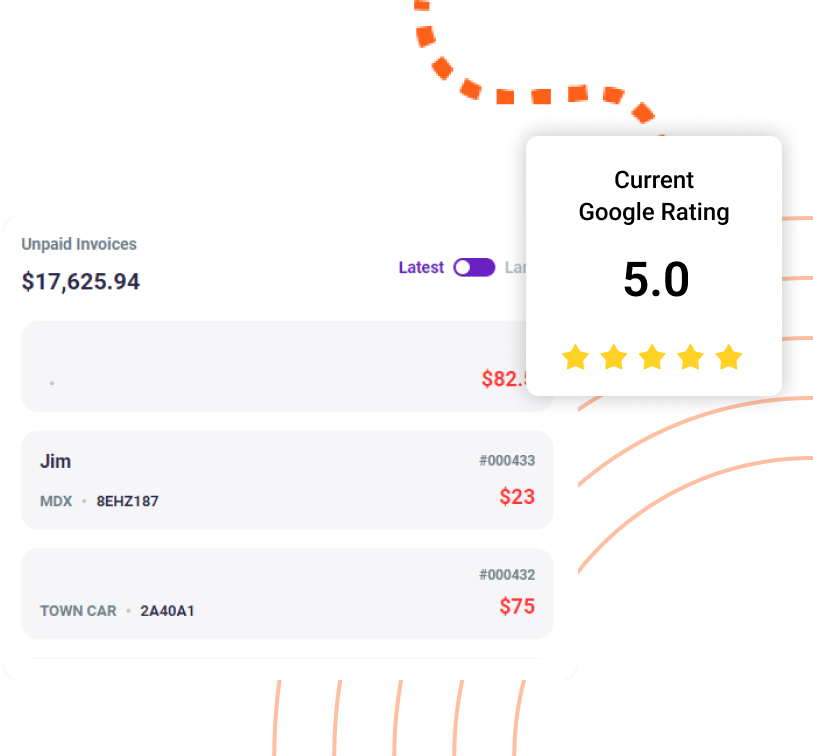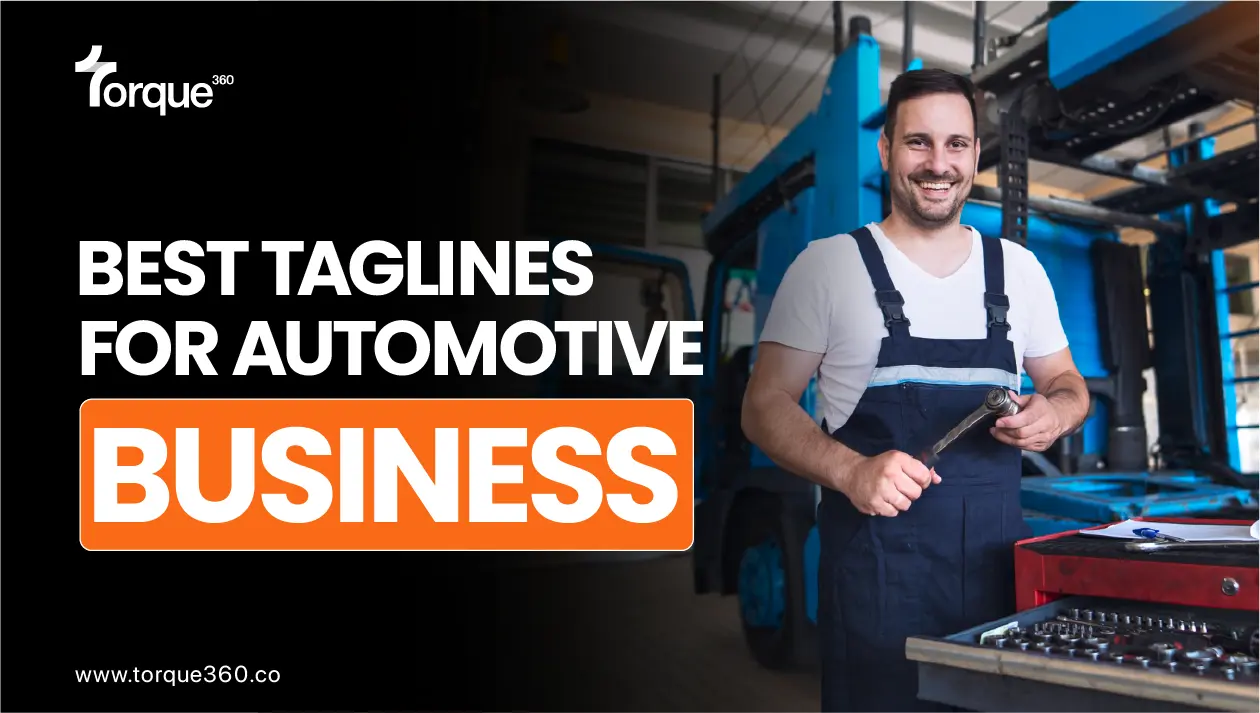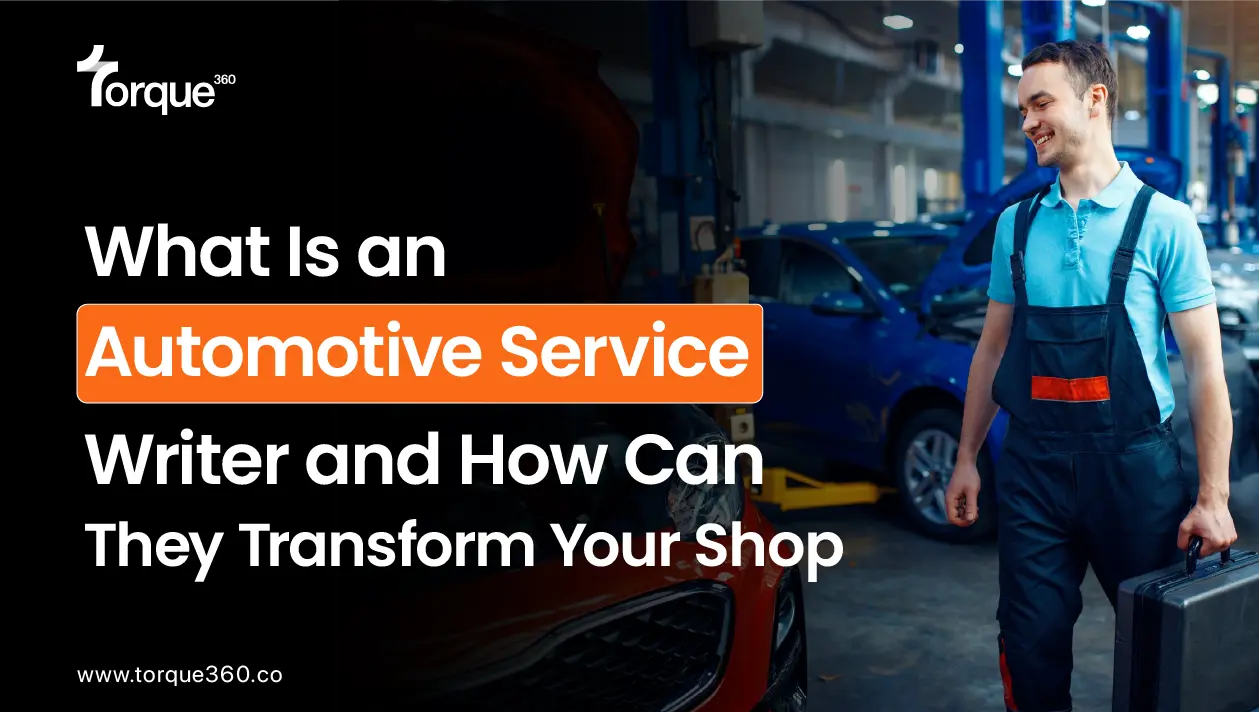We all rely on our cars, but the auto repair world has its fair share of challenges.
The good news?
You can be part of the solution!
For that, you first need to analyze what are the five major issues that the auto repair industry is currently facing.
In this article, we will dive into five common problems in the auto repair industry.
Problem 1: The lack of transparency is a very prevalent issue in the auto repair industry
Customers often face challenges in obtaining clear and detailed information about auto repair services.
This lack of openness can lead to a lot of problems affecting both consumers and also the overall trust in the industry.
Consequences of this lack of transparency in industry:
1. Financial Concerns:
Without transparent information on repair costs, consumers may end up facing unexpected and inflated bills.
2. Unnecessary Repairs:
Lack of transparency may result in customers approving unnecessary repairs due to insufficient information or pressure from service providers.
3. Deterioration of Trust:
The overall trust between consumers and the auto repair industry diminishes when customers feel they are not adequately informed.
How individuals can promote transparency in the auto repair industry:
Seeking Detailed Estimates:
- Individuals can research and compare estimates from multiple repair shops.
- Request detailed estimates that break down the costs of parts, labor, and additional fees.
Asking for Explanations of Repairs:
- Individuals can educate themselves about basic car repairs and terminology.
- Ask technicians to provide visual aids such as photos or videos explaining the issues.
Choosing Reputable and Transparent Service Providers:
- Prioritize auto repair shops with positive customer reviews emphasizing transparency.
- Opt for repair shops and technicians with industry certifications.
Problem 2: Technological Disparities in the Auto Repair Industry
Technological advancement has caused a lot of changes in many industries. The auto repair industry is facing the same issue as well.
There are a lot of new innovations in the car industry related to the efficiency of cars, safety on roads, and vehicle performance. This includes:
- advanced diagnostic tools
- Computer vision
- computerized systems
- Telematics
- other smart technologies
Because of these new innovations, there are now a lot of technological disparities. This technological disparity can impact the quality of services offered and the overall efficiency of repair processes.
Ways in which individuals can contribute to bridging this technological gap:
1. Encouraging Workshops and Training for Technicians:
- Promote Continuous Learning
- Support Professional Development:
2. Supporting Initiatives that Provide Access to Advanced Tools:
- Donate or Fundraise
- Participate in Community Programs
3. Advocating for Technology Education in the Industry:
- Engage in Public Discourse
- Collaborate with Educational Institutions
Problem 3: There is a Growing Environmental Impact on the Auto Repair Industry
The auto repair industry, like many others, faces environmental challenges that stem from various practices and processes. These concerns include:
- the generation of hazardous waste
- emissions from energy consumption
- the environmental impact of certain repair materials
Common practices contributing to environmental degradation:
- Improper disposal of used oils, lubricants, batteries, and other hazardous materials
- Energy-intensive repair processes, particularly in larger repair shops.
- The use of non-recyclable or difficult-to-recycle materials in auto parts and repairs
How individuals can contribute to a more sustainable industry:
- Choosing Eco-friendly Auto Parts and Materials:
- Research Sustainable Options
- Opt for Energy-Efficient Parts
- Supporting Green Initiatives in Repair Shops:
- Patronize Eco-conscious Shops
- Advocate for Eco-friendly Practices
- Promoting Proper Disposal of Hazardous Materials:
- Educate on Hazardous Waste Disposal
- Participate in Take-Back Programs
Problem 4: Lack of Skilled Labor in the Auto Repair Industry
The auto repair industry faces a pressing issue of a shortage of skilled labor. This shortage can be attributed to various factors, including:
- the evolving complexity of automotive technology
- insufficient emphasis on vocational training
- an aging workforce
Impact on service quality and efficiency:
- The shortage of skilled technicians often leads to longer waiting times for repairs
- With fewer skilled technicians, there is an increased risk of service quality being compromised.
- The shortage may result in a lack of technicians with specialized expertise
Actions individuals can take to address the skills gap:
- Encouraging Vocational Education and Training:
- Promote the Value of Vocational Training
- Collaborate with Educational Institutions
- Supporting Apprenticeship Programs:
- Encourage Industry Collaboration
- Financial Support
- Recognizing and Appreciating Skilled Technicians:
- Highlight Success Stories
- Acknowledge and Reward Excellence
Problem 5: Consumer Education Gap in the Auto Repair Industry
The auto repair industry often faces a significant challenge in the form of a consumer education gap. Many vehicle owners lack sufficient knowledge about basic car maintenance, repairs, and the overall functioning of their vehicles.
Consequences of uninformed decision-making:
- Without proper knowledge, consumers may fall prey to unnecessary repairs or maintenance services
- Lack of awareness about routine maintenance practices may result in neglect
- Consumers with limited knowledge are more susceptible to unscrupulous practices
Ways individuals can contribute to consumer education:
- Sharing Information on Basic Car Maintenance:
- Social Media and Community Platforms
- Offline Communication
- Creating and Sharing Educational Content Online:
- Blogs and Articles
- Video Tutorials
- Encouraging Workshops and Seminars on Auto Care:
- Community Events
- Participate in Education Initiatives
Conclusion:
By addressing problems like transparency issues, technological gaps, environmental concerns, skill shortages, and consumer education gaps, each of us can make a difference.
As we collectively steer towards a more transparent, eco-friendly, and knowledgeable auto repair industry, the road ahead looks promising. Remember, your choices as a consumer and your advocacy for positive practices contribute to a smoother ride for everyone involved.
So, let’s drive towards a future where the auto repair experience is not just about fixing cars but also about building a better and more sustainable road ahead.






